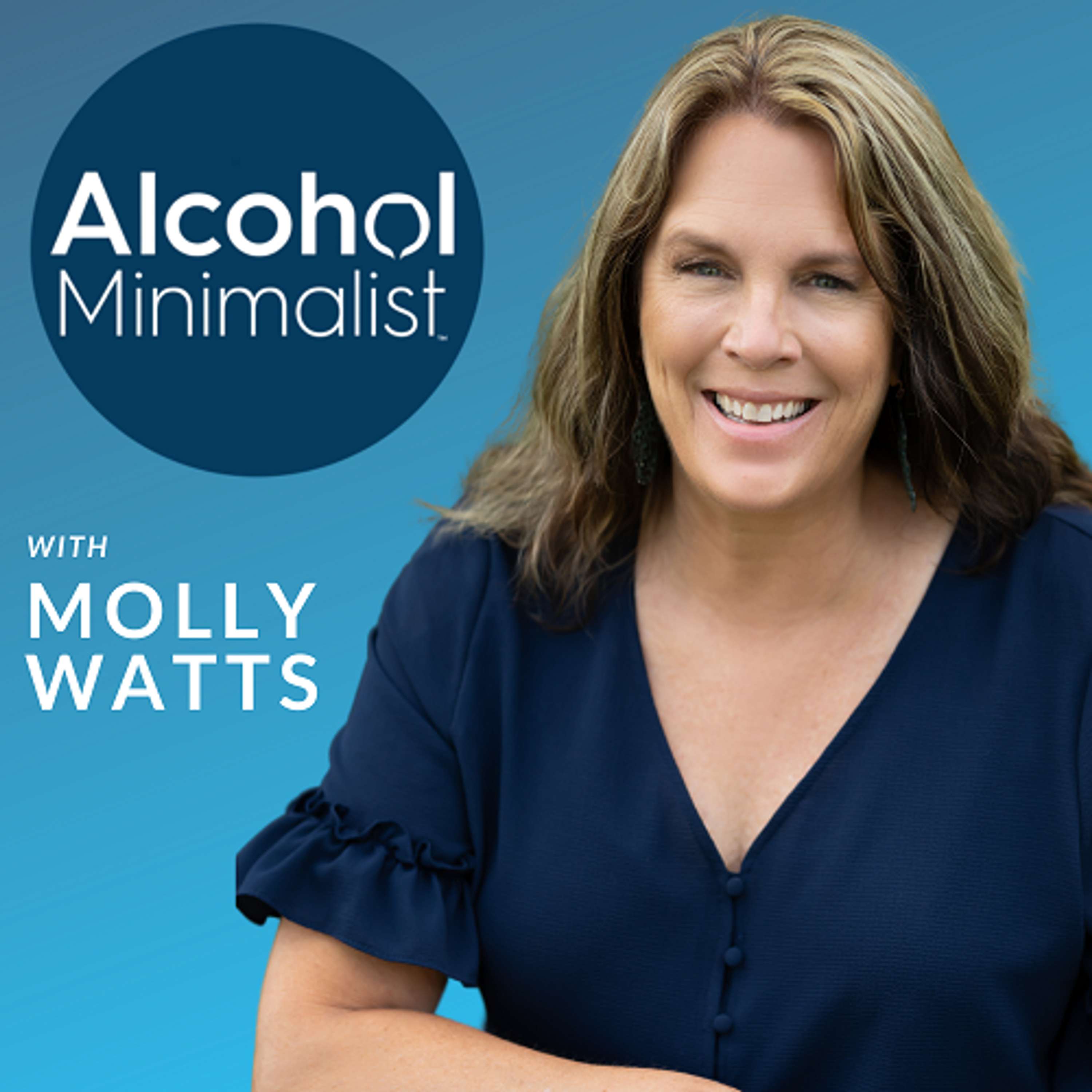
Alcohol & Bingeing with Nicole Christina

Alcohol Minimalist: Change Your Drinking Habits!
Shownotes Transcript
Join my private FB group Alcohol Minimalists here: https://www.facebook.com/groups/changeyouralcoholhabit)
Has this podcast helped you? How about leaving a review: Itunes)
Follow me on Instagram: @AlcoholMinimalist
Have you grabbed your free e-book, "Alcohol Truths: How Much is Safe?" Get it here. )
Low risk drinking guidelines from the NIAAA:
Healthy men under 65:
No more than 4 drinks in one day and no more than 14 drinks per week.
Healthy women (all ages) and healthy men 65 and older: No more than 3 drinks in one day and no more than 7 drinks per week.
One drink is defined as 12 ounces of beer, 5 ounces of wine, or 1.5 ounces of 80-proof liquor. So remember that a mixed drink or full glass of wine are probably more than one drink.
Abstinence from alcohol Abstinence from alcohol is the best choice for people who take medication(s) that interact with alcohol, have health conditions that could be exacerbated by alcohol (e.g. liver disease), are pregnant or may become pregnant or have had a problem with alcohol or another substance in the past.
Benefits of “low-risk” drinking Following these guidelines reduces the risk of health problems such as cancer, liver disease, reduced immunity, ulcers, sleep problems, complications of existing conditions, and more. It also reduces the risk of depression, social problems, and difficulties at school or work.
This week on the podcast we continue in our series "Alcohol &" with a conversation about "Alcohol & Bingeing".
My guest is Nicole Christina, a pyschotherapist who has specialized in eating disorders and binge eating for the past 30 years. Our conversation today focuses on how bingeing is rooted in emotional immaturity and how we can uncover thoughts that are creating feelings that we want to escape from.
Distorted thinking can lead to bingeing behavior and whether it's drinking or eating, addressing the underlying thoughts and feelings is key to changing the behavior.
Our conversation shares some of the characteristics of bingeing and how they overlap with alcohol.
Binge drinking is the most common, costly, and deadly pattern of excessive alcohol use) in the United States.1,2,3 Binge drinking is defined as a pattern of drinking that brings a person’s blood alcohol concentration (BAC) to 0.08 g/dl or above. This typically happens when men consume 5 or more drinks or women consume 4 or more drinks in about 2 hours.
Learn more about Nicole Christina here.)
** ★ Support this podcast ★) **